At-Will Employment
In most states, the “employment at will” doctrine allows employers to terminate employees at any time, with or without cause, as long as the decision doesn't violate other laws.
However, handbooks that outline specific discharge procedures can create legal obligations, and courts may recognize implied contracts based on handbook language or verbal promises. To help avoid these risks, it’s essential to have a clearly written, legally compliant employee handbook that includes strong disclaimers and aligns with both federal and state regulations.
Download your customized, industry-specific employee handbook today, and add the Sales module for even more targeted compliance support. For any HR-related questions or guidance, contact EmployerResource—your partner in protecting your business and managing your workforce confidently.
To ensure your policies align with Mississippi law and to reduce the risk of wrongful termination claims, employers should maintain well-drafted employee handbooks and update them regularly.
For comprehensive training on maintaining at-will employment, visit EmployerESource and explore our training webinars. These resources offer valuable information for business owners and managers seeking to stay informed and compliant.
For any questions about at-will employment and how to preserve this relationship, please contact EmployerESource. We’re here to provide expert guidance and support.
Ban the Box
Ban the Box is a policy movement that encourages or requires employers to remove questions about criminal history from initial job applications, allowing candidates to be evaluated first on their qualifications. The goal is to reduce barriers to employment for individuals with prior convictions and promote fair hiring practices.
While Mississippi does not currently have a statewide Ban the Box law, legislation has been introduced multiple times to bring such a law into effect. Because this issue continues to resurface, employers in Mississippi should stay informed about legislative developments to ensure compliance if new laws are enacted.
To keep your policies up to date, download a customized, industry-specific employee handbook and contact EmployerESource with any HR or compliance questions.
Garnishments of Pay
Employers served with an income withholding order for child support must begin deductions from the obligor’s next paycheck no later than 14 days after service, and remit those amounts to the department within 7 days of payment.
A $2.00 processing fee may be withheld from the employee’s income for intrastate orders, while interstate fee rules vary by the obligor’s work state. Additionally, employers must withhold up to $15.00 monthly as directed by the department to help cover administrative costs. Importantly, total deductions must not exceed federal limits under the Consumer Credit Protection Act.
To ensure full compliance with wage withholding and other employment laws, download your customized, industry-specific employee handbook today and add the Sales module for enhanced support. For questions or further guidance, contact EmployerResource—your partner in HR compliance.
Lactation Accommodation
Under Mississippi law Patient Protection and Affordable Care Act (ACA), employers are required to provide reasonable break time and a private, non-bathroom space for nursing mothers to express breast milk for up to one year after the child's birth. This amendment to the Fair Labor Standards Act (FLSA) applies to all employees who are not exempt from overtime pay requirements under the FLSA.
Key Requirements:
· Employers must provide break time as frequently as needed by the nursing mother, allowing adequate time for milk expression.
· The space provided must be private, free from intrusion, and not a bathroom. If the space is not dedicated solely to nursing mothers, it must be available whenever needed.
· Employers with fewer than 50 employees may be exempt from the requirements if complying would impose an undue hardship, taking into account factors such as the size and financial resources of the business.
While the law does not require compensation for break time used for lactation, employers must compensate employees for breaks that are already paid, provided the employee is completely relieved from duty during that time. It's also important to note that state laws may offer additional protections, such as requiring paid break time or extended lactation accommodations beyond one year.
Employers should be proactive in ensuring they have the proper policies and accommodations in place for nursing mothers, and should stay updated on both federal and state laws to ensure full compliance. For guidance or to customize your workplace policies, download a tailored employee handbook today and reach out to EmployerResource for further HR support.

